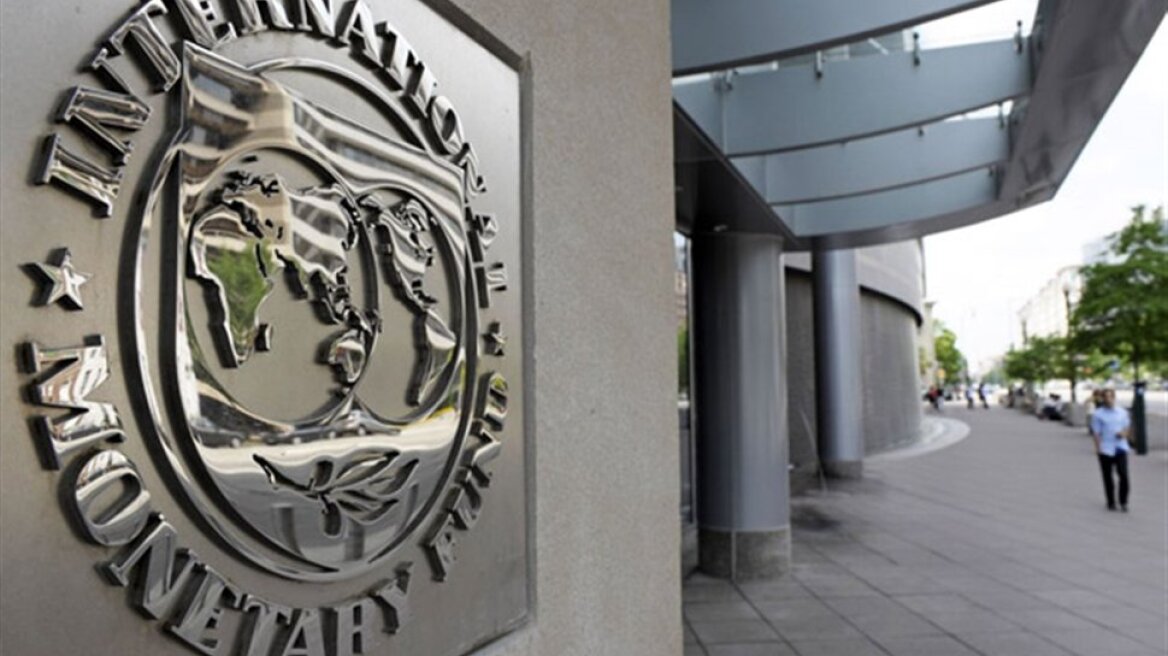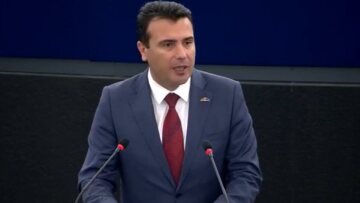
IMF: Greece should not have gotten into the rescue program, we were dragged by Europe
IMF: Greece should not have gotten into the rescue program, we were dragged by Europe
Wall Street Journal revealed a confidential document of the Fund that shows a significant disagreement between the IMF and the European Commission regarding the Greek bailout.

Wall Street Journal revealed a confidential document of the Fund that shows a significant disagreement between the IMF and the European Commission regarding the Greek bailout.
As stated in the letter the IMF was opposed from the beginning to the integration of Greece in the rescue package as it did not meet three of the four relevant criteria. The Fund admits it breached its own rules to make the growing debt of Greece seem viable, despite the fact that from the beginning of the program until today its officials argue the opposite.
The "arrows" against the Eurozone continue with the authors of the article arguing that the greatest benefit from the package of 2010 has not been received so much by Greece but by the Eurozone to which it "gave time to build a wall to protect other vulnerable Member/States and prevented serious consequences for the global economy."
The second main point of criticism is about the delay of debt restructuring that eventually took place in May 2012. The Fund bears as responsible for the delay the banks that withheld important part of Greek debt and exerted political pressure on governments. Governments believed that a high debt would act as a driving force in order for the Greek government to proceed with its program.
As stated in the letter the IMF was opposed from the beginning to the integration of Greece in the rescue package as it did not meet three of the four relevant criteria. The Fund admits it breached its own rules to make the growing debt of Greece seem viable, despite the fact that from the beginning of the program until today its officials argue the opposite.
The "arrows" against the Eurozone continue with the authors of the article arguing that the greatest benefit from the package of 2010 has not been received so much by Greece but by the Eurozone to which it "gave time to build a wall to protect other vulnerable Member/States and prevented serious consequences for the global economy."
The second main point of criticism is about the delay of debt restructuring that eventually took place in May 2012. The Fund bears as responsible for the delay the banks that withheld important part of Greek debt and exerted political pressure on governments. Governments believed that a high debt would act as a driving force in order for the Greek government to proceed with its program.
The review of the Fund speaks about the European Commission too, for which it argues that it "had no experience in managing a crisis of this magnitude" and was focused more on the "complying with the norms of the EU despite the effect on development."
The international organization criticizes the Greek governments as well because they proved to be unable to impose structural reforms that would have stimulated the private sector, and says that "the pain of adjustment was distributed disproportionately into the Greek society."
Ακολουθήστε το protothema.gr στο Google News και μάθετε πρώτοι όλες τις ειδήσεις
Δείτε όλες τις τελευταίες Ειδήσεις από την Ελλάδα και τον Κόσμο, τη στιγμή που συμβαίνουν, στο Protothema.gr
Δείτε όλες τις τελευταίες Ειδήσεις από την Ελλάδα και τον Κόσμο, τη στιγμή που συμβαίνουν, στο Protothema.gr
ΡΟΗ ΕΙΔΗΣΕΩΝ
Ειδήσεις
Δημοφιλή
Σχολιασμένα






































